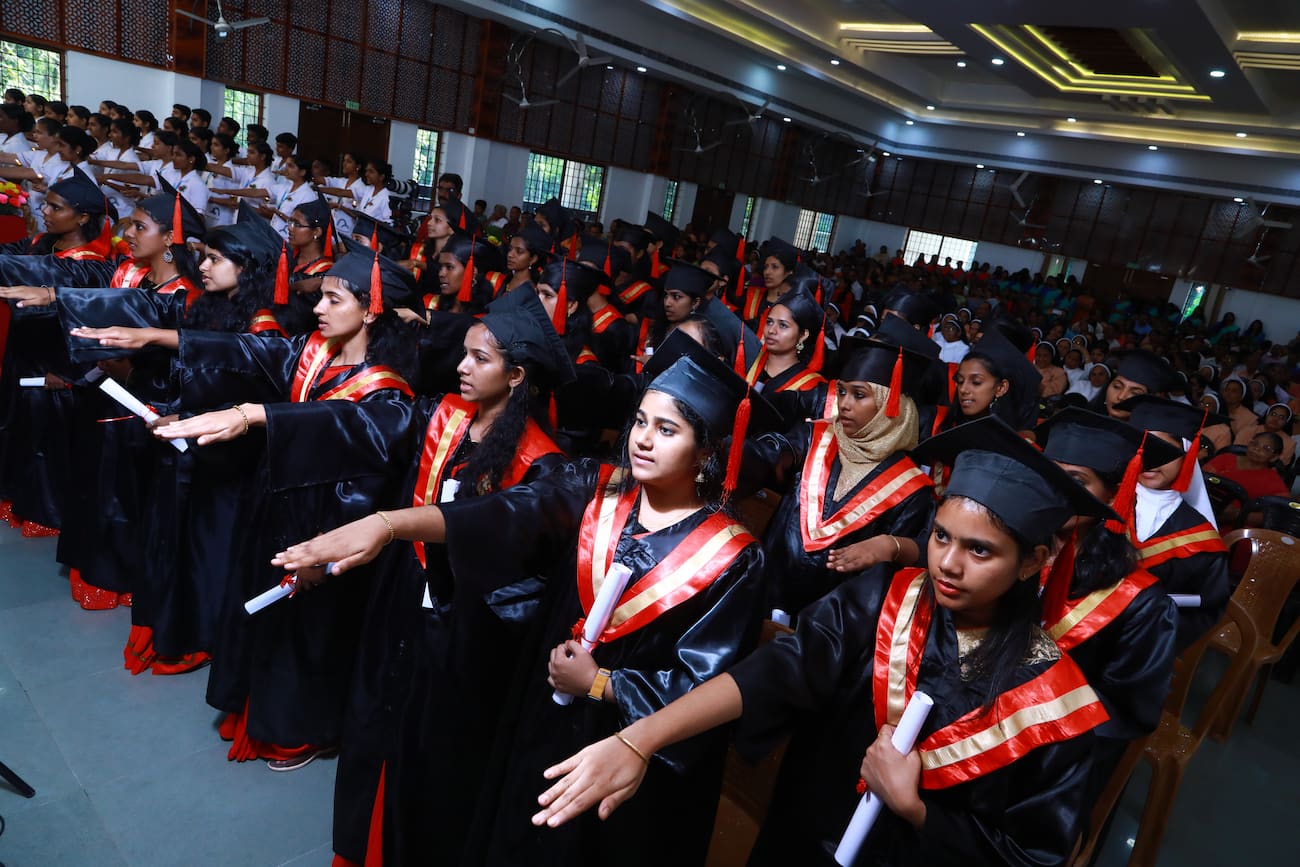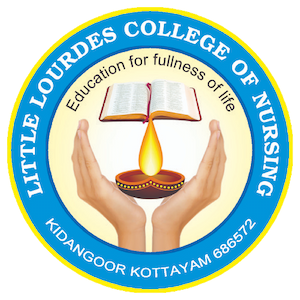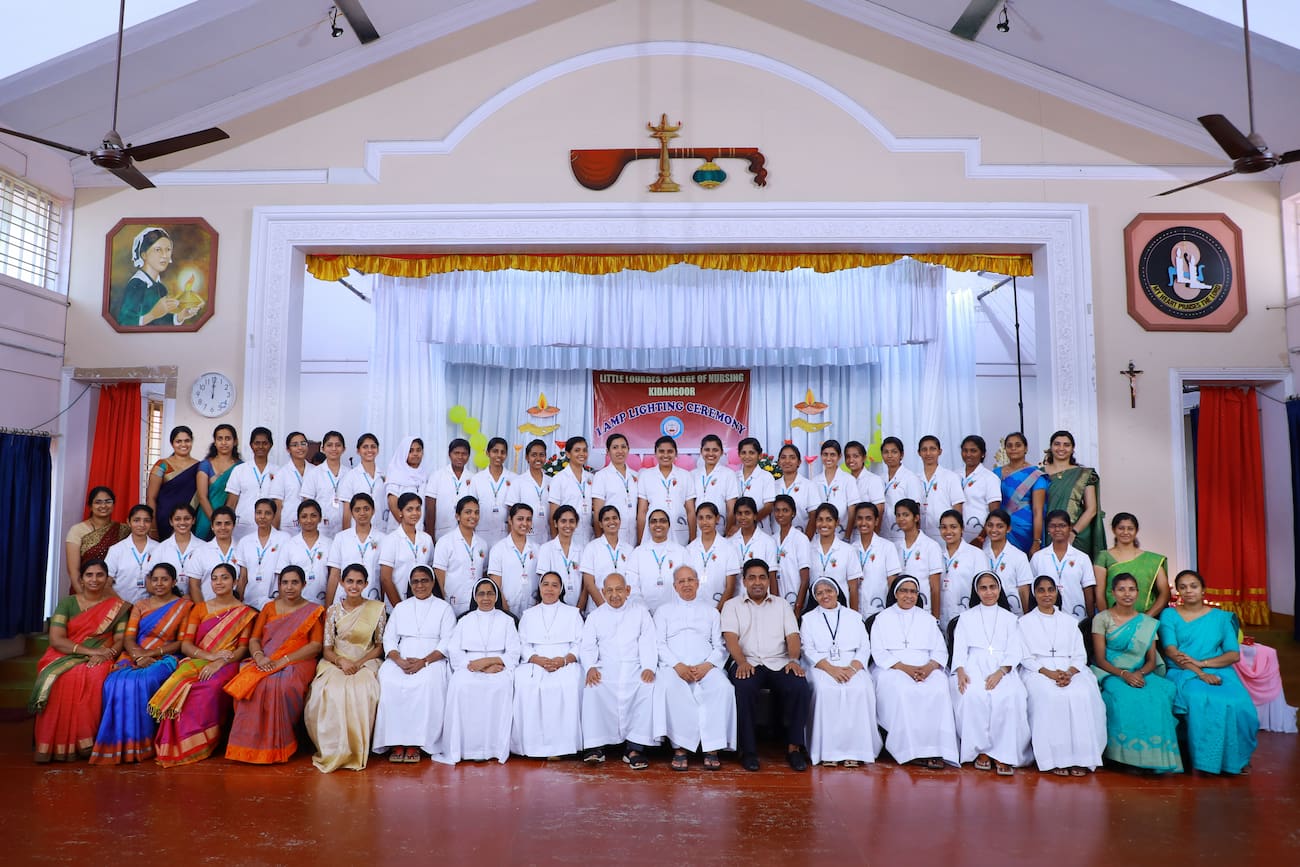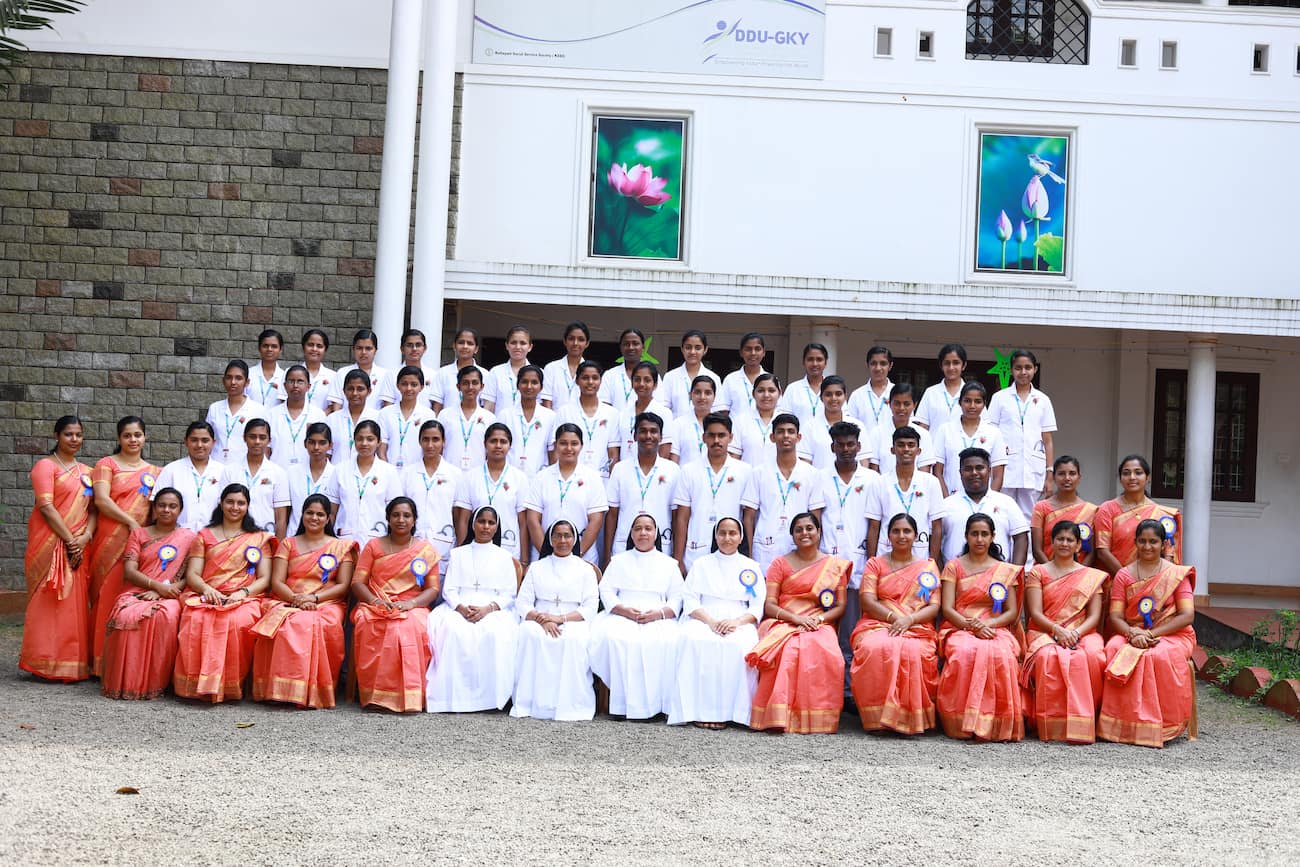Patient cantered care:
Provide holistic care recognizing individual patient’s preferences, values and needs, that is compassionate, coordinated, age and culturally appropriate safe and effective care.
Professionalism:
Demonstrate accountability for the delivery of standard-based nursing care as per the Council standards that is consistent with moral, altruistic, legal, ethical, regulatory and humanistic principles.
Teaching & Leadership:
Influence the behavior of individuals and groups within their environment and facilitate establishment of shared goals through teaching and leadership.
System-based practice:
Demonstrate awareness and responsiveness to the context of healthcare system and ability to manage resources essential to provide optimal quality of care.
Health informatics and Technology:
Demonstrate awareness and responsiveness to the context of healthcare system and ability to manage resources essential to provide optimal quality of care.
Communication:
Interact effectively with patients, families and colleagues fostering mutual respect and shared decision making to enhance patient satisfaction and health outcomes.
Teamwork and Collaboration:
Function effectively within nursing and interdisciplinary teams, fostering open communication, mutual respect, shared decision making, team learning and development.
Safety:
Minimize risk of harm to patients and providers through both system effectiveness and individual performance.
Quality improvement:
Minimize risk of harm to patients and providers through both system effectiveness and individual performance.
Evidence based practice:
Minimize risk of harm to patients and providers through both system effectiveness and individual performance.




